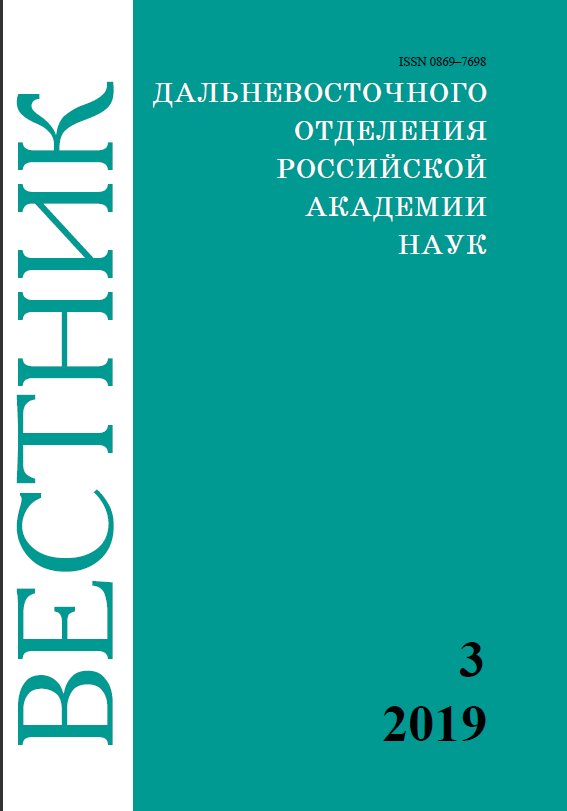Effect of the bacterial complexes upon the yield of spring wheat (Triticum aestivum L.)
Keywords:
spring wheat, bacterial preparations, yield, brown rust, Septoria disease, Fusarium disease, microorganisms.Abstract
Effect of the bacterial complexes upon the yield of spring wheat (Triticum aestivum L.). V.V. BEREZHNAYA,
A.G. KLYKOV (Federal Scientific Center of Agrobiotechnology in the Far East named after A.K. Chaika, Primorsky
Krai, Timiryazevsky village), M.L. SIDORENKO, A.N. BYKOVSKAYA (Federal Scientific Center of Biodiversity,
FEB RAS, Vladivostok), P.M. BOGDAN (Federal Scientific Center of Agrobiotechnology in the Far East named after
A.K. Chaika, Primorsky Krai, Timiryazevsky village).
The effect of bacterial complexes consisting of nitrogen-fixing, phosphate-solubilizing and potassium-solubilizing
microorganisms upon yield of spring wheat was studied. As a result of the research, the effect with the pre-sowing
treatment of seeds using nitrogen-fixing together with potassium-solubilizing microorganisms was obtained, where the
yield increase relatively to the control was 0.5 t/ha, the field germination increased. The seeds treated before sowing and plants on shoots were the most resistant to harmful diseases – brown rust (Pucciniareconditaf. sp. tritici Rob. ex Desm.) and Septoria disease (Septoria graminum Desm.), as well as Fusarium disease (Fusarium graminearum Schwabe). The number of nitrogen-fixing, potassium-solubilizing and phosphate-solubilizing bacteria in the soil in the phase of wax ripeness of grain increased.


